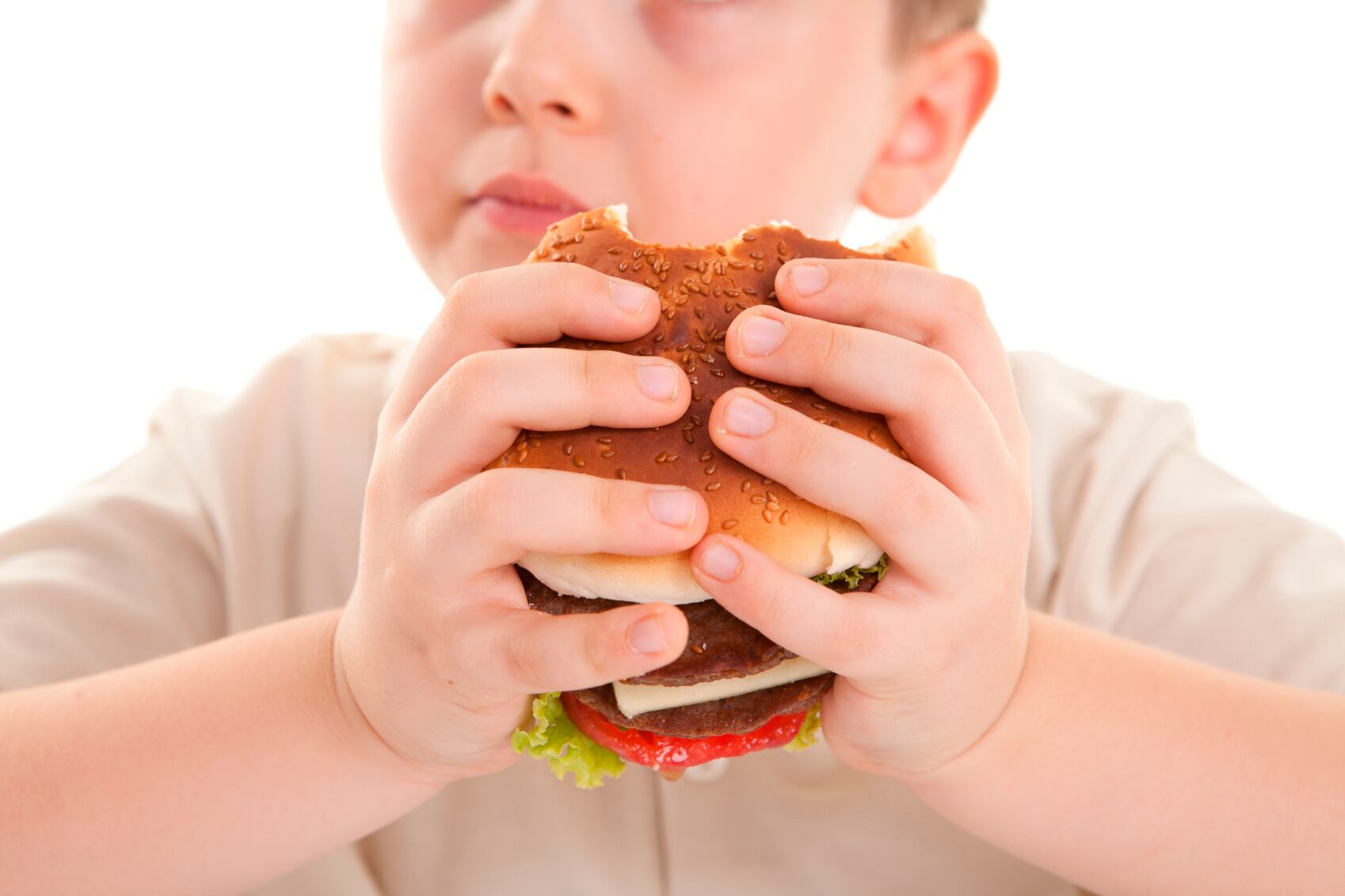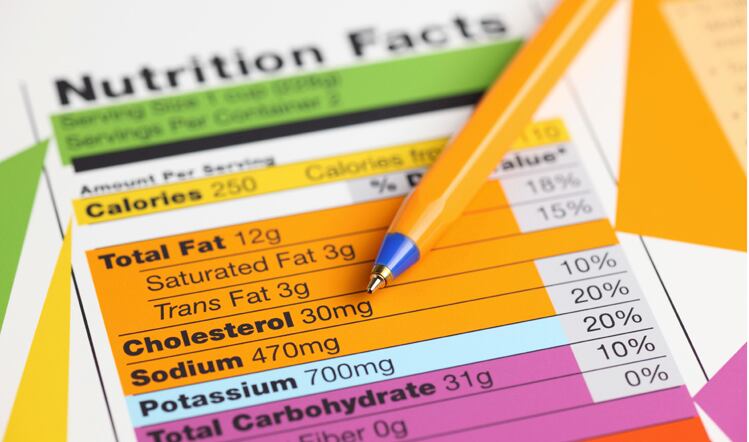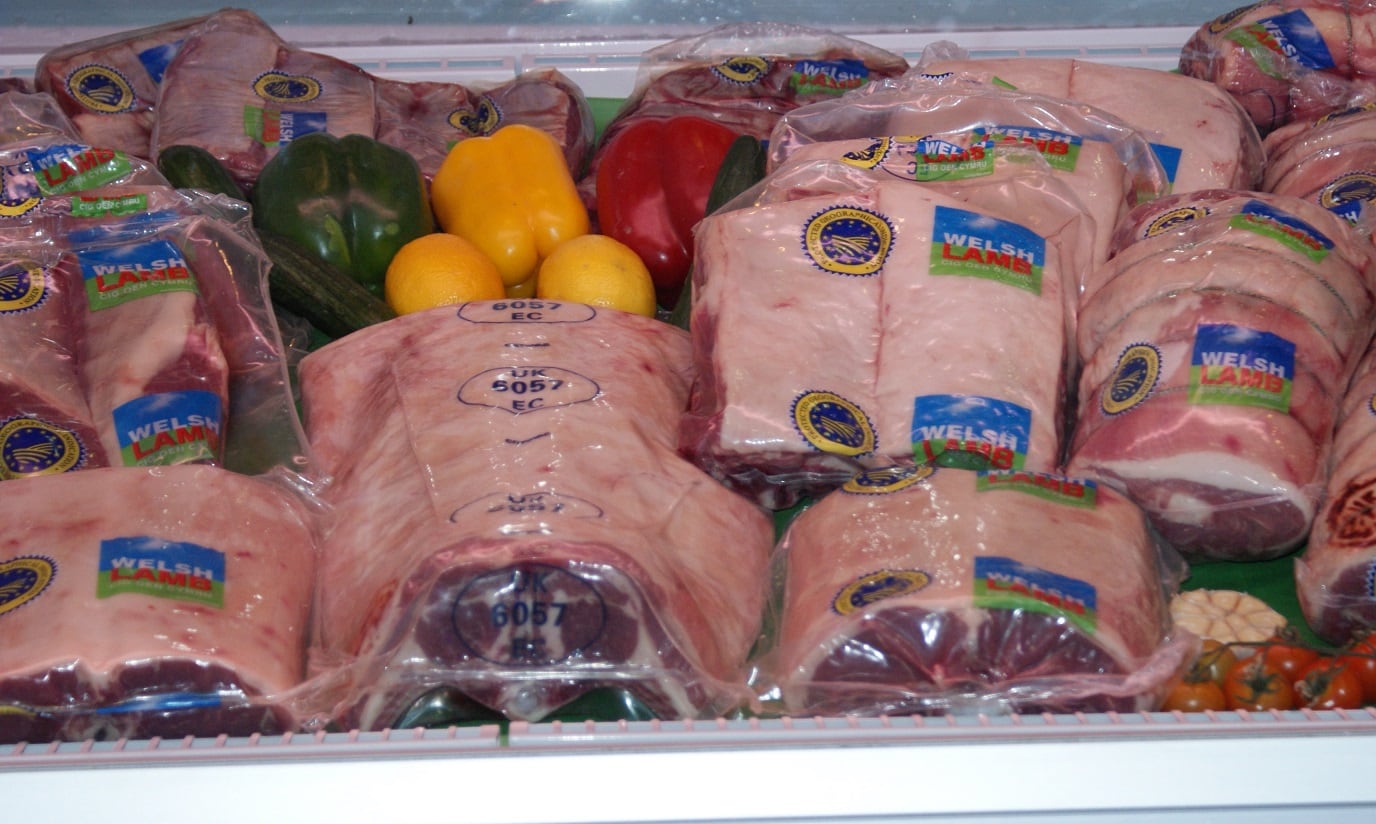New evidence from medical groups in the UK linking more severe illness and death from the novel coronavirus to obesity has moved campaign group Action on Sugar (AOS) send a list of demands to the UK Government.
The plan urged a series of preventative measures it would like to see enforced to help prevent obesity in the British public, with many actions aimed at the regulation of the food and drink industry. Mandatory nutrition labelling was among its list of demands as well.
Restrictions and increased levy rates
Recommendations included mandatory restrictions on price, point of sale and location promotions on all HFSS food, as well a reduction on the current sugar levy thresholds. This would also include an increase in rates and the levy to be applied to sugar sweetened milk and milk-alternative drinks.
AOS also called improvements to be made the nutritional profile of processed food and drink, with particular focus on the removal of calories through sugar, saturated fat and/or alcohol content reduction, reducing salt, and increasing fruit, vegetable, fibre and micronutrients.
AOS chair Graham MacGregor said: “The UK is facing two major pandemics. One immediately, COVID-19 and the other a longer-term crisis with obesity. Clear evidence has emerged that the two pandemics interact. This is a major opportunity for the government and the food industry to prevent unnecessary suffering and death.”
On-pack labelling
The implementation of on-pack labelling as a means to help curb obesity in the UK is a tactic generally supported by the British Nutrition Forum (BNF) and one that could benefit from a wider scope.
Bridget Benelam, nutrition communications manager at the BNF, said: “Many foods and drinks in the UK already provide front of pack, colour-coded labelling voluntarily and it may be helpful for consumers to have the scheme implemented more widely as we know that people value consistency in food labels.
“COVID-19 has focused minds on health and it is vital that we continue the work to tackle obesity to improve the nation’s wellbeing. This needs a multifaceted response that includes changes to the food supply, supporting healthy eating in early years, schools and communities and making it easier for people to be active as well as addressing the inequalities that we know are linked to obesity rates.”
Meanwhile, food and drink manufacturers should look to promote ‘power ingredients’ to capitalise on the growing health agenda, a bakery and chocolate ingredients firm has claimed.





